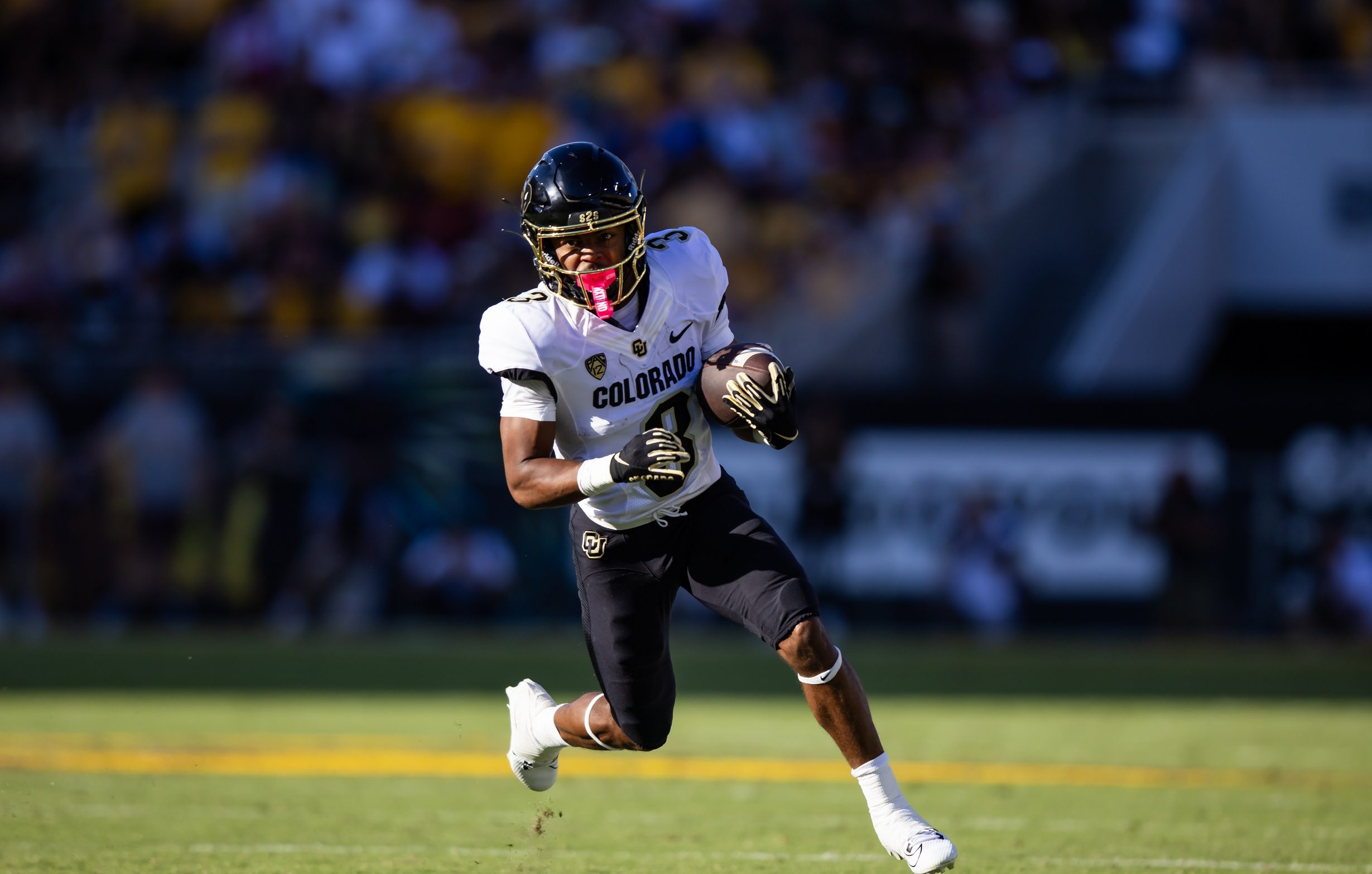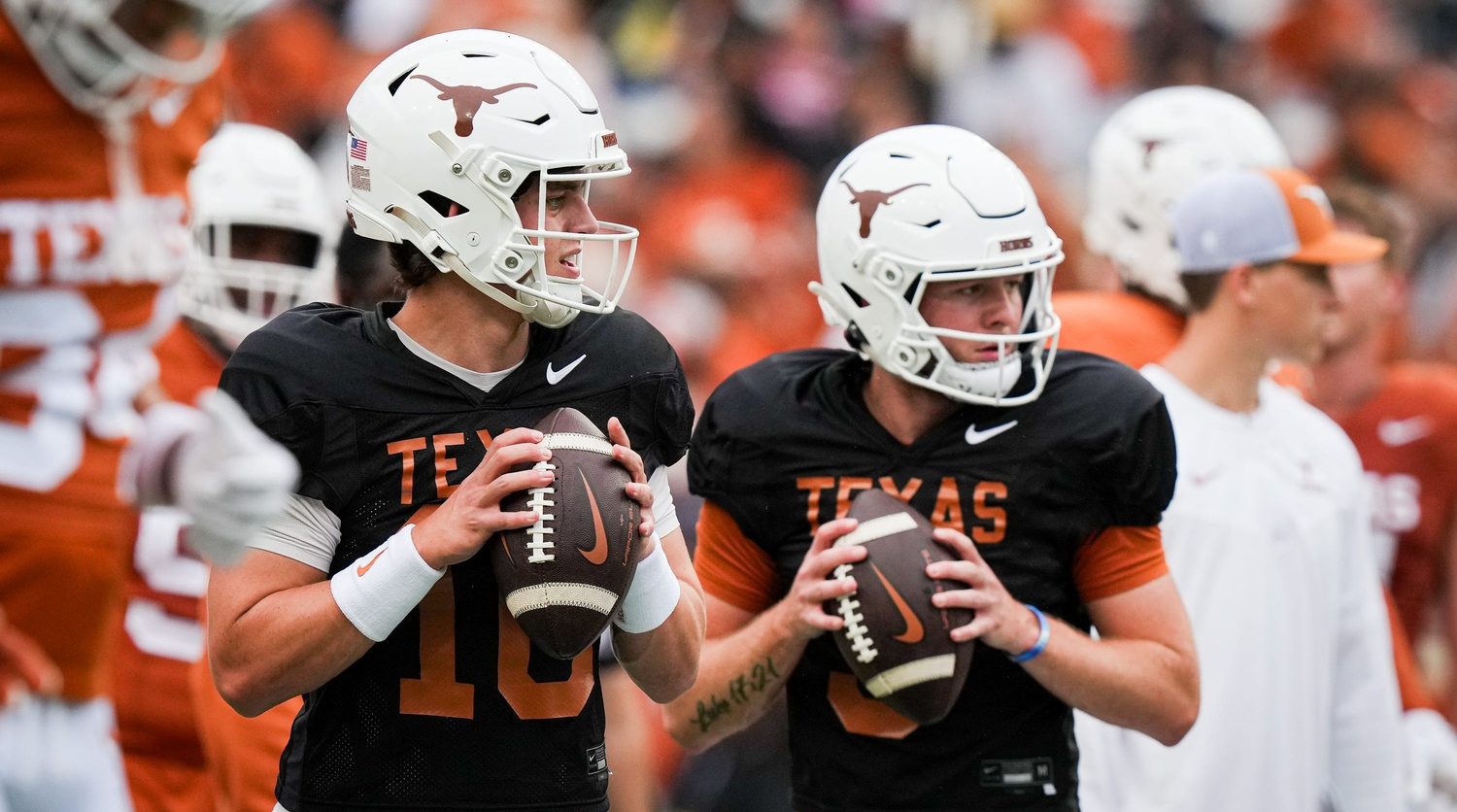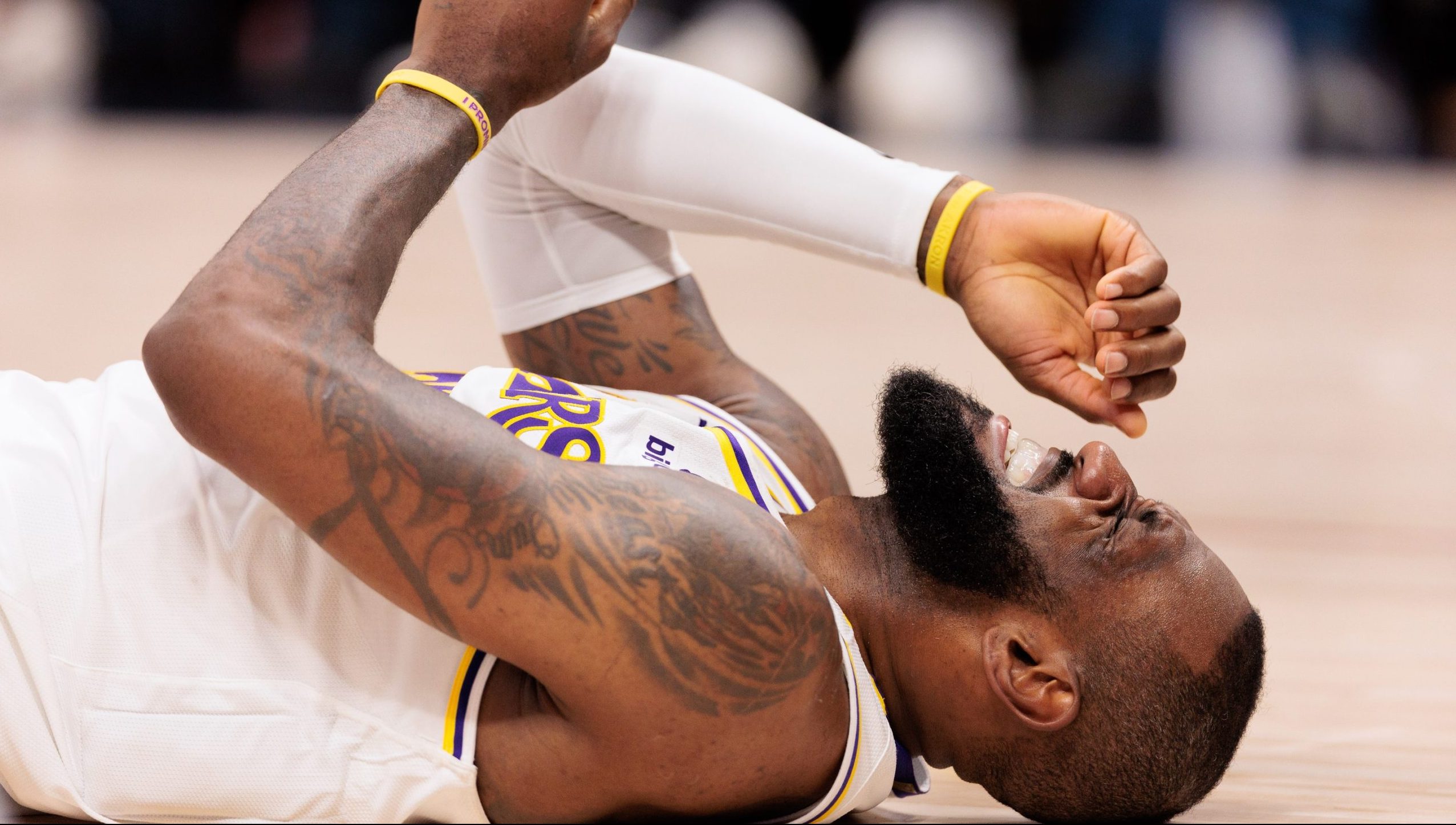Given the growing body of research on concussions and CTE, it’s becoming increasingly clear that playing full-contact football is not all that…how do we say this…smart.
So it makes some sense that the Ivy League is leading the charge to have football teams play a little bit less football.
According to the New York Times, all eight of the conference’s football programs have agreed to ban full-contact practice during the regular season.
Via the Times:
Research has shown that limiting the amount of full-contact practices can reduce the number of concussions. In the N.F.L., for instance, concussions during practices in the preseason and regular season have declined since 2012, the year after limits on the number of full-contact practices were put in place. (Concussions over all rose last year, however.)
The research on limiting full contact in practice “all shows that you not only have fewer subconcussive hits, but also concussions,” said Dr. Robert Cantu, the co-director of the Center for the Study of Traumatic Encephalopathy at the Boston University School of Medicine. “It’s not rocket science.”
This bold conference-wide measure was reportedly inspired by Dartmouth, which eliminated full-contact hitting at practice back in 2010 and has recently introduced mobile virtual players for athletes to tackle. Coach Buddy Teevens told the Times there was pushback at first but players eventually grew accustomed to hitting tackling dummies instead of actual players during practice.
“At this stage in their careers, these guys know how to hit and take a hit,” Mr. Teevens said in a phone interview. “People look at it and say we’re nuts. But it’s kept my guys healthy.”
Besides keeping the players safe, this measure could potentially help the Ivy League in recruiting. Among all the un-differentiated football programs in the country, the eight Ivy members can now claim to care about player health and safety the most. The decision to ban tackling in practice puts the conference at the forefront of the movement to combat football-player brain damage and fits with the league’s general student-first brand.
It will be interesting to see if this model becomes the norm for college football programs in the future. If the research is really as cut-and-dried as it sounds, there’s not much reason schools shouldn’t cut down on or even eliminate full-contact practice. The players risk their brains enough on Saturdays that they should be kept somewhat safe during the week.
[NYT]






